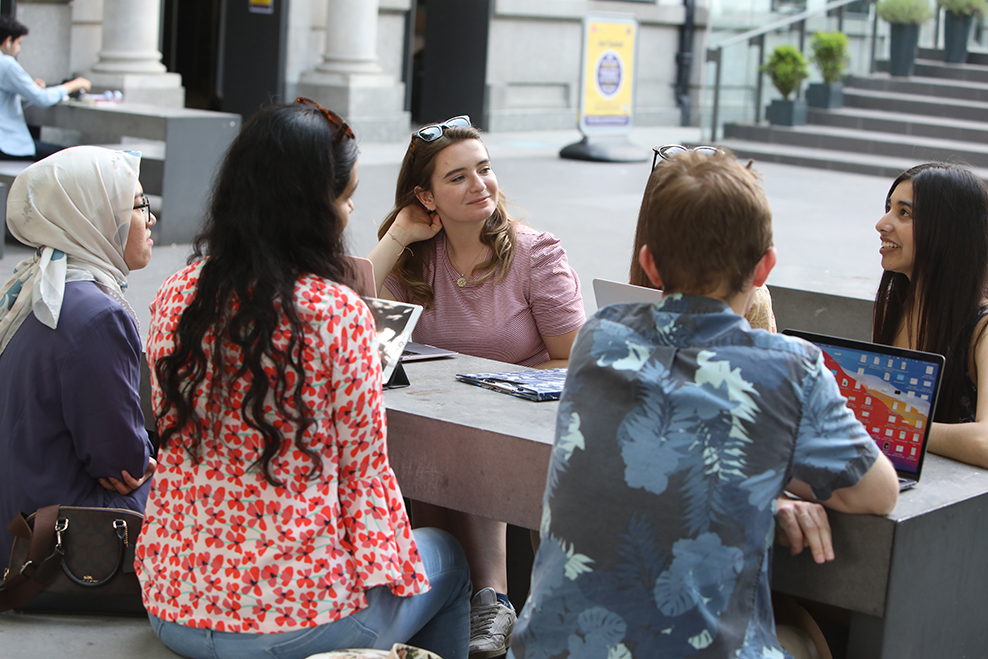It’s tough making post-doc applications. The competition is stiff. Is the effort worth it? We hold an annual seminar sharing ways to make successful applications from different points of view. Perhaps, you could be successful too! Our speakers in recent years were:
- Dr Jana Uher, Senior Research Fellow and holder of a Marie Curie Fellowship in Psychological and Behavioural Science at LSE (PhD Free University of Berlin, 2009)
- Dr Joseph Downing, Marie-Curie Fellow at Aix-Marseille Université (PhD LSE European Institute, 2014)
- Professor Linda Mulcahy, Professor of Law and experienced reviewer of post-doc funding applications
- Professor Rita Astuti, Professor of Anthropology and Director of the PhD Academy, LSE
The key points made in the seminar are summarised below and the slides are also available online. These include: tips from our speakers; examples of funded researchers at LSE; details of major post doc funders; strategy and tactics on applications; sources of help.
Getting started
Think ahead. Start early building contacts with future collaborators and consider where you’d like to publish your research outputs.
You can apply for:
- your own funding from a Research Council (or similar body) to conduct you own research plan agreed with that body, while you are hosted at a Higher Education Institution
- a post advertised in a department that already has funding and which will employ you on a fixed-term contract to conduct research that you agree directly with the department
Both the above to increase your chances. Posts are advertised at many different times of the year; and deadlines and closing dates for Research Councils are fixed throughout the year.
Use sources such as jobs.ac.uk for advertised research posts and advice from LSE Research Division for funding calls. Research Division hosts funding training events.
Application tips
- start early: get to know the funding bodies, their deadlines and particular conditions
- re-work the proposal for different applications, tailoring very carefully and according to each funder’s very specific requirements
- you might be rejected, so prepare for feeling down and developing your resilience
- have an alternative plan
- the feedback you receive might not always be helpful and awards may seem arbitrary but sometimes the feedback is very good and you can use it to improve future applications
- other people might be willing to share their applications and feedback – you can learn lots from this, including the preferred style of each funder – it’s really ok to just ask!
- get help: mentors in your department and elsewhere, your peers, LSE Research Division and LSE Careers provide excellent support, make good use of them all
Writing your proposal
As a reviewer of proposals, Linda encourages you to think of the reviewer’s position and to make it easy for the specialist reader to promote your application with their colleagues from other disciplines who are also on the committee. You can make their job easier by showing understanding of the position of your work in the field and its relevance to wider topics. Imagine a reader responding with ‘So what?’ and argue more strongly why your proposal deserves funding.
Waiting for success
Joseph recounts the modern day saga of his quest for success and is very honest about the difficulties involved in applying, particularly the long time frame and he describes ways to keep yourself going during the long waiting process. A number of part-time teaching roles in different departments and with LSE100 helped, as well as some research assistant work and work outside the university too. Having one or two good publications helps as it shows you can publish in high quality journals (this is more important than quantity) and having some teaching experience was also valued by the funders in Joseph’s experience.
Career success
Jana showed how her many grants over seven years had built a successful career and a strong research narrative. She now has a substantial list of publications, impact and public engagement and has managed to shift her research specialism over time. This is a great foundation for an academic career and she has been recruited to a permanent post at the University of Greenwich.
How LSE Careers can help
We can help with information about post-doc research fellowships, Junior Research Fellowships, and research statements and proposals. Use the jobs and opportunities listed on CareerHub for short-term roles and jobs.ac.uk too. An email to convenors of courses you could teach might generate something as well.
Use one-to-one careers appointments to talk through your approach, support your motivation, and practice interview technique with Catherine Reynolds, LSE Careers Consultant for PhD students. We regularly run careers events (including PhD and research staff specific ones in the PhD Academy) and through these you can learn from the experience of others in a structured way.
Good luck!




